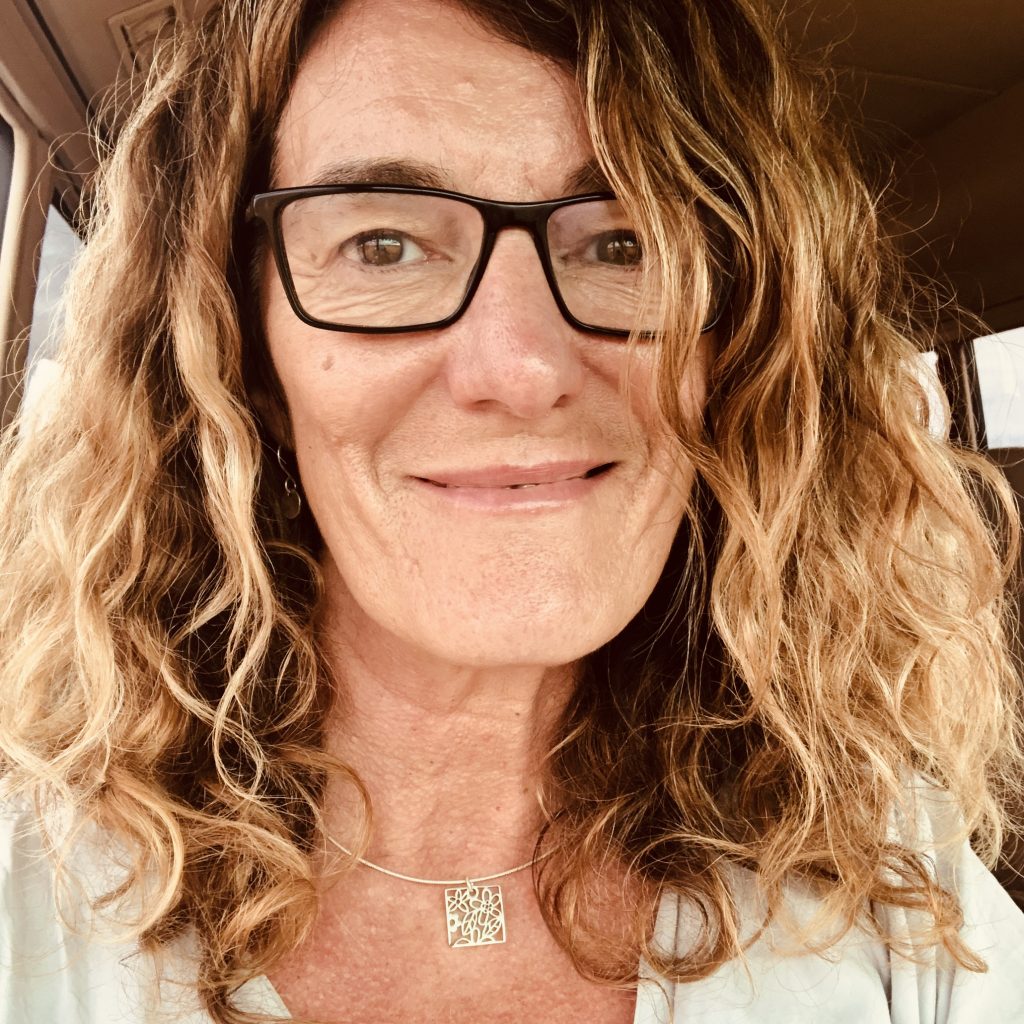
Michelle Bates had spent most of her life in Sydney’s South West raising a family, but something else was calling her to the outback. Moving to Tennant Creek for a short stint helping Aboriginal people understand and implement the National Disability Insurance Scheme Plan, Michelle found herself putting down roots after falling in the love with the colours, the country and the stories of the Warumungu people.
Among her various roles in Tennant Creek, Michelle is a counsellor and narrative practitioner, advocate, mentor and leader. She volunteers at the Paterson Street Hub, a collective space in the main street of Tennant Creek which offers safety and opportunities for learning, sharing and contribution. This is a delightful interview of what its like to fall in love with a place and do the work that you really love.
In Episode 34 of ‘Talk the Walk’ we explore:
- What drew Michelle to Tennant Creek to find an anchored adventure and what keeps her there
- The history of Michelle’s connection to working towards systems change and living well in community together
- The impact of connection to place and the role of nurturing women on Michelle’s early life and its resonance in remote Australia
- A narrative project unearthing the wisdom of Aboriginal children in story and play, witnessed by important adults in their lives
- What it means to children to uncover stories about the things that are important to them in childhood
- An opportunity for listeners to provide outsider witness responses to the stories of Tennant Creek children
- Key values and qualities needed to work with children in remote communities
- The story of Patterson St Hub, a thriving inspiring gathering place for community members
- The challenges of living and working remotely and how struggles become rich opportunities for growth
- The small sparkling moments of resistance that makes Michelle’s day
To listen to this episode simply click on the Play button below or listen via the Stitcher App for iOS, Android, Nook and iPad.
You can also subscribe to podcast and blog updates via email from the Menu on the Home Page.
Don’t forget, if you or someone you know would make a great interview on ‘Talk the Walk’, send us an email from the Contact Page.
Things to Follow up After the Episode
Michelle’s Masters project through The Dulwich Centre (link to be provided when available)
Patterson St Hub, Tennant Creek website
Connect with Michelle Bates on LinkedIn
Email Michelle at michelle.bates@ymail.com
Podcast: Play in new window | Download
Subscribe: RSS

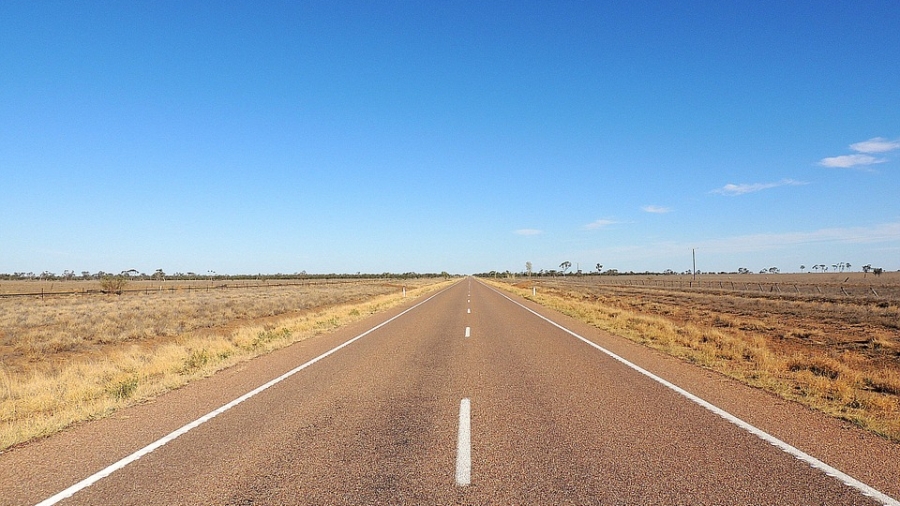

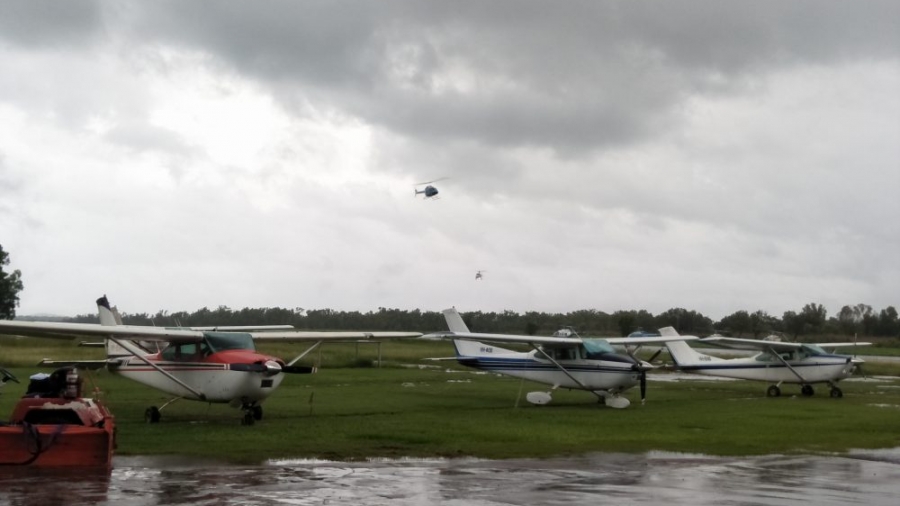
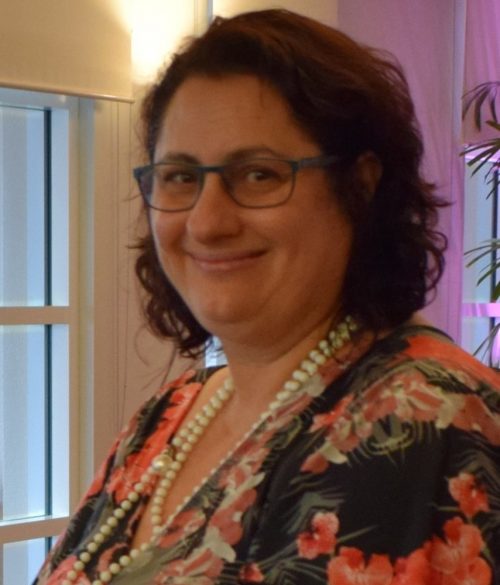

 How do you combine a love of travel with social work and human rights advocacy? Just ask Anna McCracken. Anna has been roaming around remote Australia in her 4 wheel drive since 2013, listening to the stories of First Nations Australians and shaping the roll-out of the NDIS.
How do you combine a love of travel with social work and human rights advocacy? Just ask Anna McCracken. Anna has been roaming around remote Australia in her 4 wheel drive since 2013, listening to the stories of First Nations Australians and shaping the roll-out of the NDIS.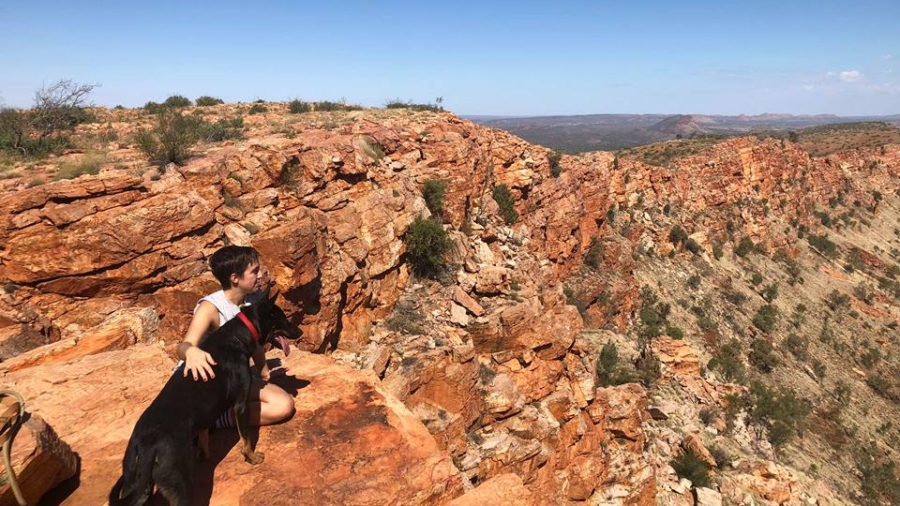
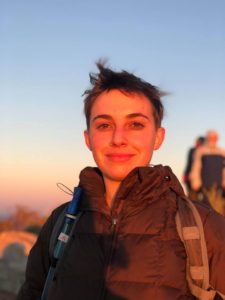
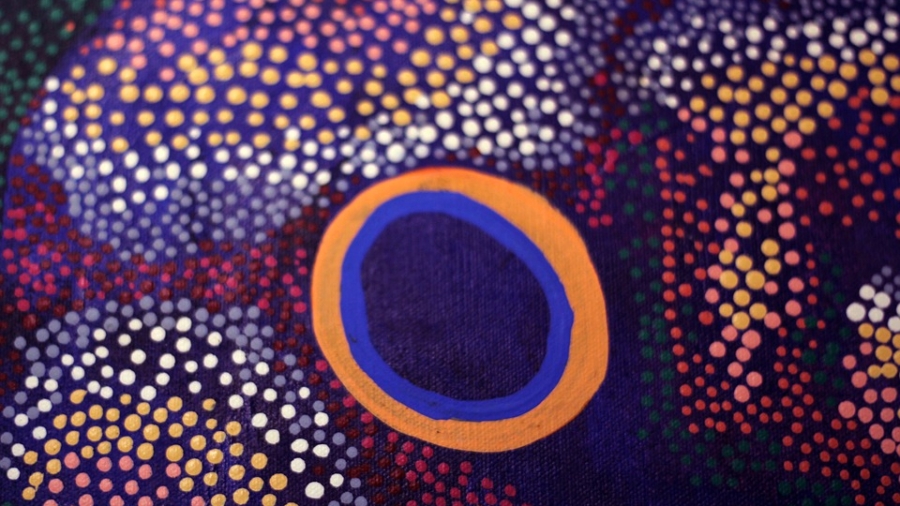
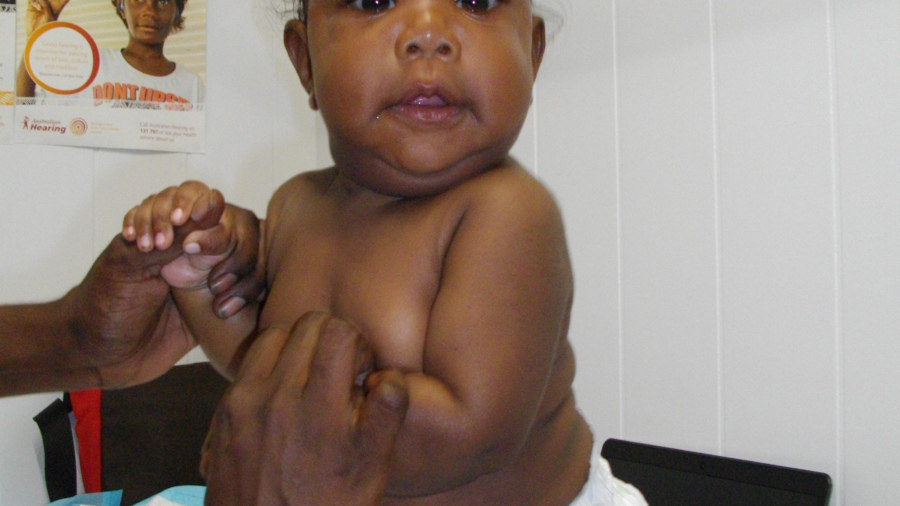
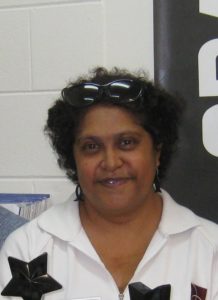 It is a short but oh so sweet conversation, this week on ‘Talk the Walk’. As is so often the case, social workers are busy people and taking a half hour out of the daily schedule is precious time. My guest is Diana Jans, an Aboriginal maternal health social worker with Apunipima Cape York Health Council. After several years working as a teacher with vulnerable children, it was obvious to Diana she needed more skills to be able to meet their needs. Join me, as we take a quick trip down memory lane with Diana and discover what it takes to be a remote social worker.
It is a short but oh so sweet conversation, this week on ‘Talk the Walk’. As is so often the case, social workers are busy people and taking a half hour out of the daily schedule is precious time. My guest is Diana Jans, an Aboriginal maternal health social worker with Apunipima Cape York Health Council. After several years working as a teacher with vulnerable children, it was obvious to Diana she needed more skills to be able to meet their needs. Join me, as we take a quick trip down memory lane with Diana and discover what it takes to be a remote social worker.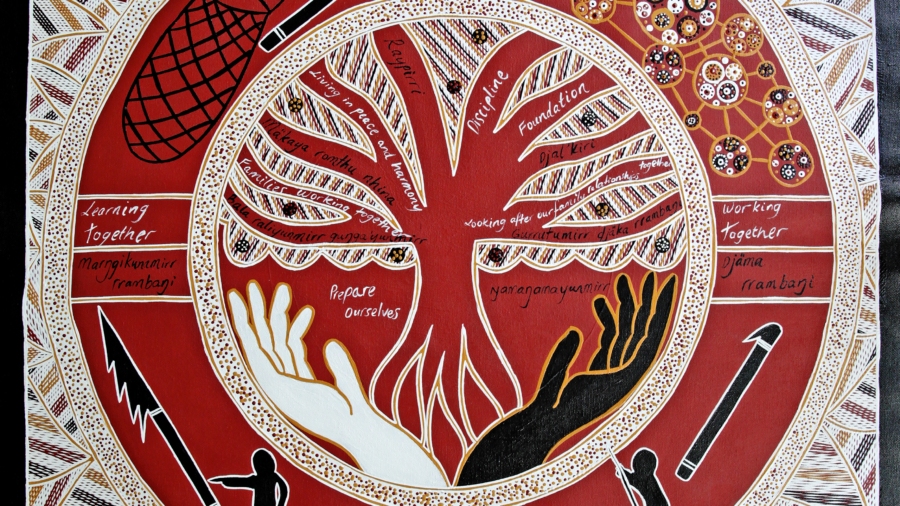
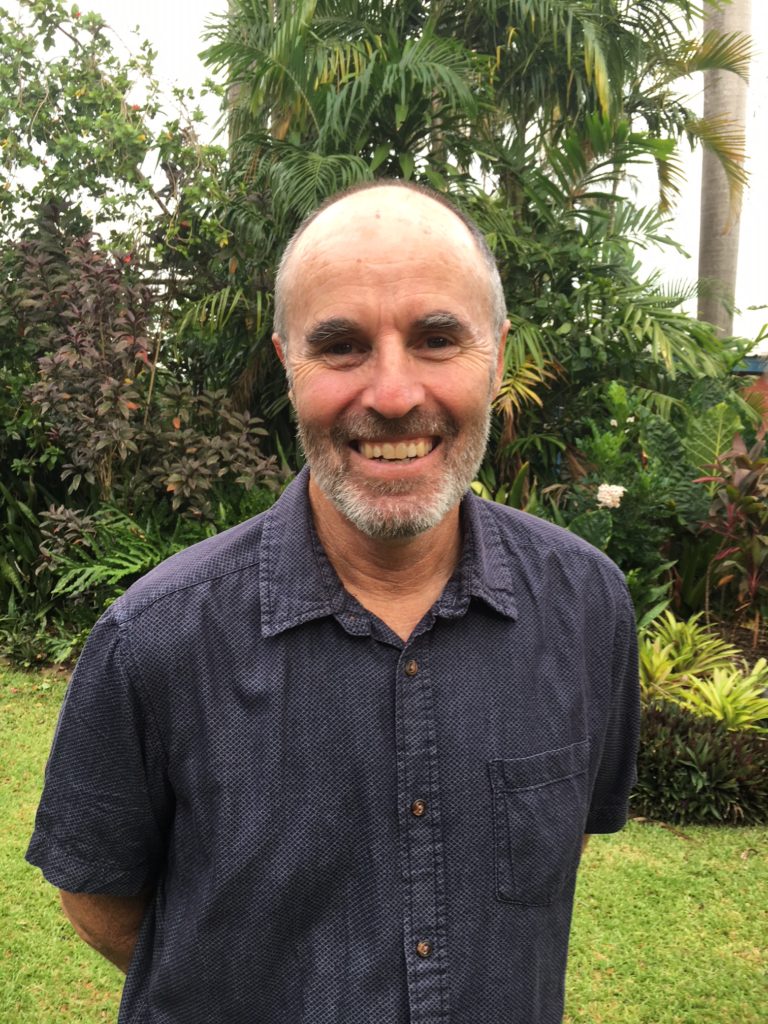 In this episode of Talk the Walk, we delve into the working life of Malcolm Galbraith, Manager of Families and Schools Together (FAST) in the Northern Territory. We discover not only what makes FAST one of the most successful strengths-based programs in remote Australia, but what drives the man behind the project. A man of strong Christian faith, Malcolm admits some of his ideas might be controversial, yet the evidence speaks for itself – Yolngu people love it! Before you scoff at the idea of bringing an American-based program into an Indigenous Australian context, listen to this story. As intriguing as it is thoughtful, this behind the scenes tour of FAST NT may just turn your worldview on its head.
In this episode of Talk the Walk, we delve into the working life of Malcolm Galbraith, Manager of Families and Schools Together (FAST) in the Northern Territory. We discover not only what makes FAST one of the most successful strengths-based programs in remote Australia, but what drives the man behind the project. A man of strong Christian faith, Malcolm admits some of his ideas might be controversial, yet the evidence speaks for itself – Yolngu people love it! Before you scoff at the idea of bringing an American-based program into an Indigenous Australian context, listen to this story. As intriguing as it is thoughtful, this behind the scenes tour of FAST NT may just turn your worldview on its head.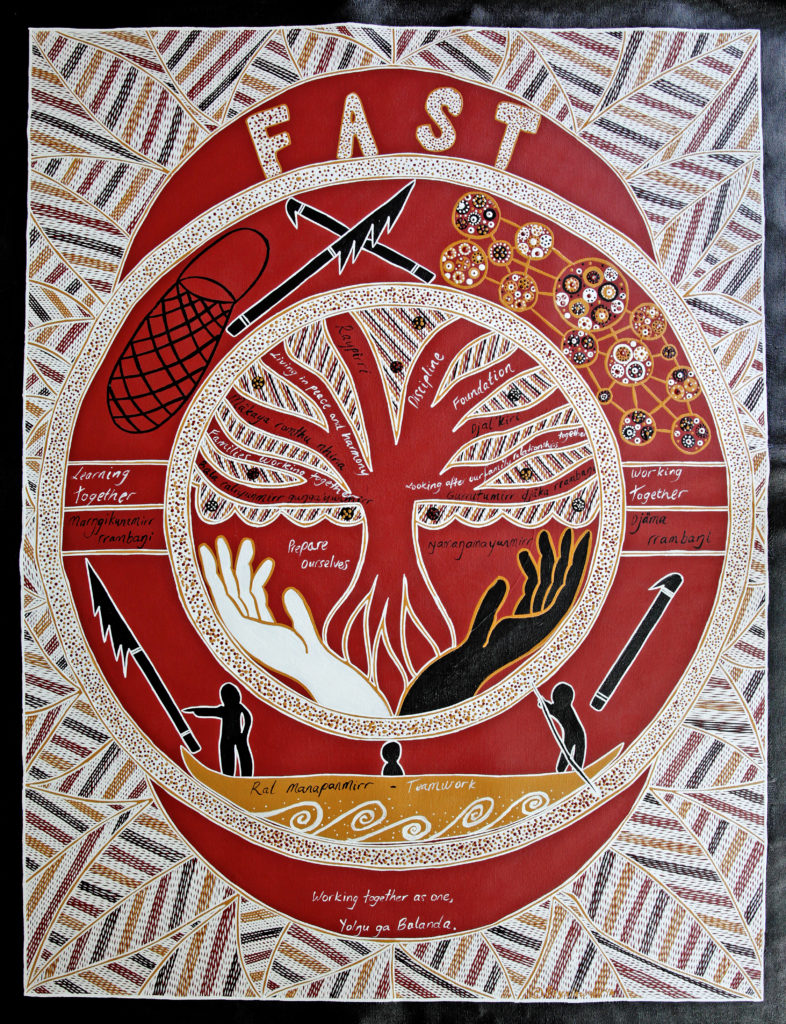
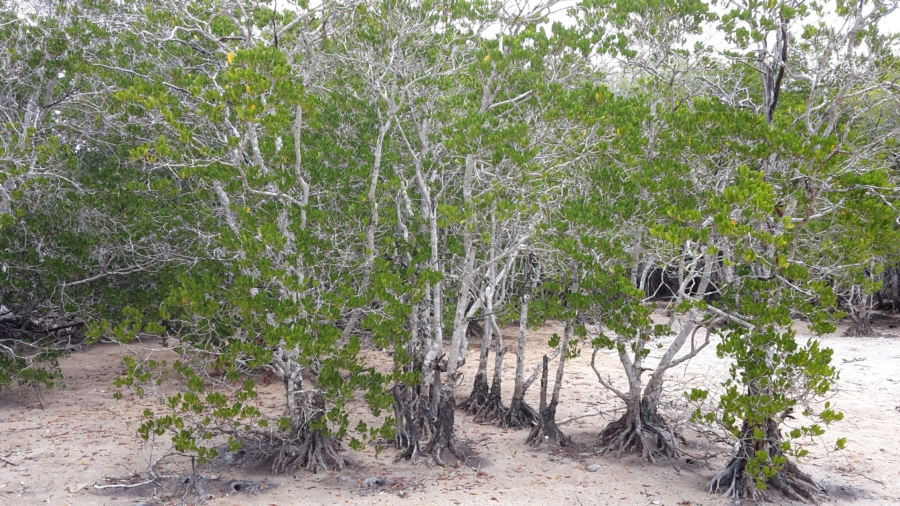

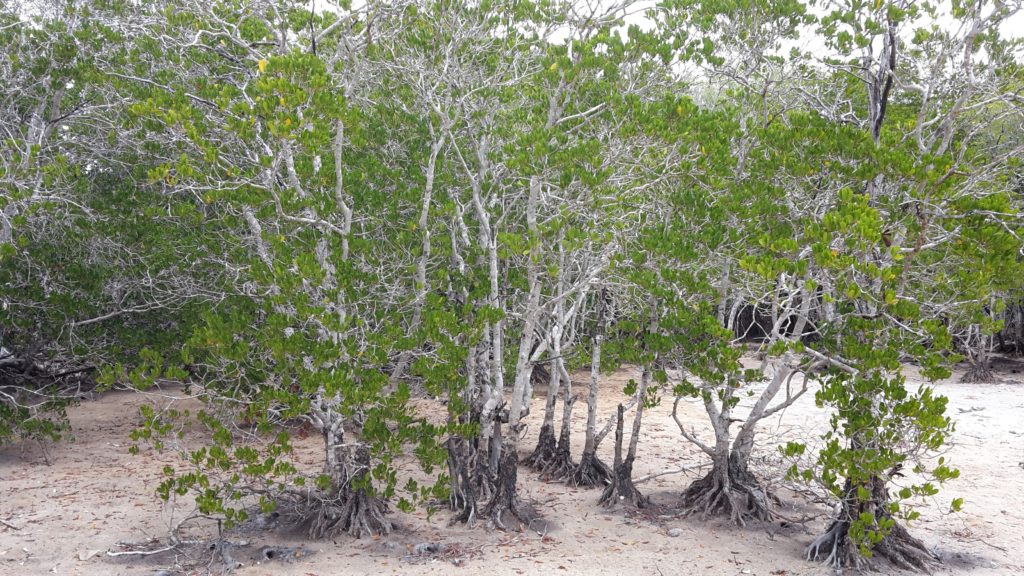

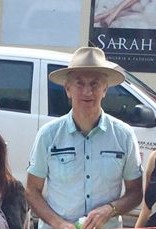 Welcome back to ‘Talk the Walk’ in 2018. Supervision goes under the microscope in this podcast episode with my guest, Barry Sullivan. Like many social workers, Barry came to the profession after more than 20 years in teaching. Arriving in Darwin in 1998, Barry started out in school counselling, before joining Relationships Australia where he has been ever since.
Welcome back to ‘Talk the Walk’ in 2018. Supervision goes under the microscope in this podcast episode with my guest, Barry Sullivan. Like many social workers, Barry came to the profession after more than 20 years in teaching. Arriving in Darwin in 1998, Barry started out in school counselling, before joining Relationships Australia where he has been ever since.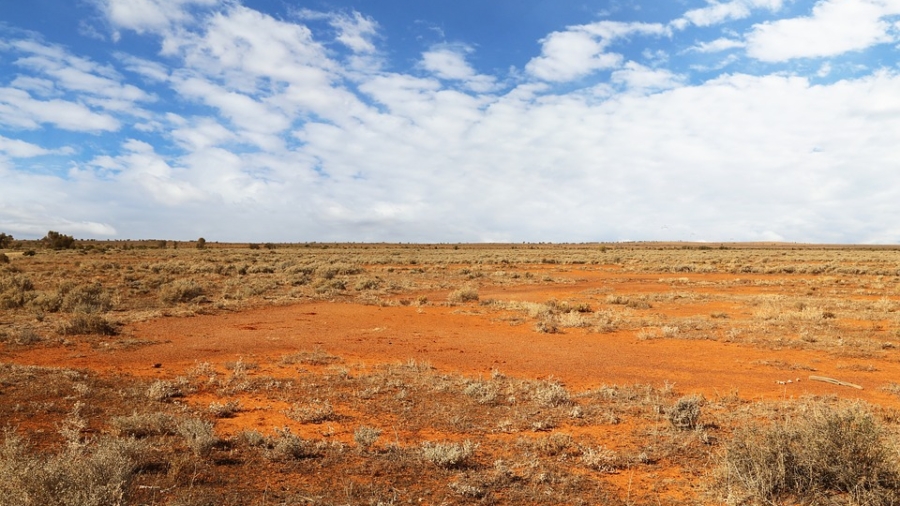
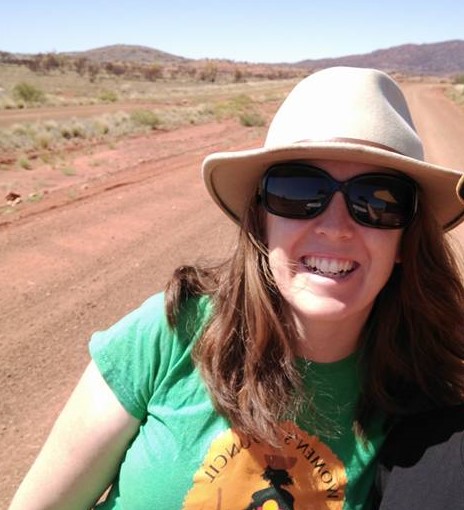 There’s something about the blue sky, the sparse landscape and the weaving of cultural stories that drew Louise O’Connor to Australia’s red centre. Far from her homeland of Ireland and not satisfied with the big city lights of Melbourne, Louise O’Connor packed up her meagre belongings and head to Alice Springs. She found herself working with the Ngaanyatjarra Pitjantatjara Yankunytjatjara Women’s Council as a Domestic and Family Violence Case Worker and hasn’t looked back. Since arriving, Louise has been drawn to narrative therapy as an approach for working respectfully with Aboriginal women. She now supports a team of case workers implementing the Council’s new domestic and family violence prevention framework developed in consultation with the Australian Childhood Foundation and the large group of women they support in the NPY lands. Louise brought with her a long history of case work with refugees and asylum seekers, youth and people at risk of homelessness or in crisis, both in Australia and Ireland. Louise’s passion for sharing stories and helping others tell theirs shines through in my conversation this week on ‘Talk the Walk’.
There’s something about the blue sky, the sparse landscape and the weaving of cultural stories that drew Louise O’Connor to Australia’s red centre. Far from her homeland of Ireland and not satisfied with the big city lights of Melbourne, Louise O’Connor packed up her meagre belongings and head to Alice Springs. She found herself working with the Ngaanyatjarra Pitjantatjara Yankunytjatjara Women’s Council as a Domestic and Family Violence Case Worker and hasn’t looked back. Since arriving, Louise has been drawn to narrative therapy as an approach for working respectfully with Aboriginal women. She now supports a team of case workers implementing the Council’s new domestic and family violence prevention framework developed in consultation with the Australian Childhood Foundation and the large group of women they support in the NPY lands. Louise brought with her a long history of case work with refugees and asylum seekers, youth and people at risk of homelessness or in crisis, both in Australia and Ireland. Louise’s passion for sharing stories and helping others tell theirs shines through in my conversation this week on ‘Talk the Walk’.